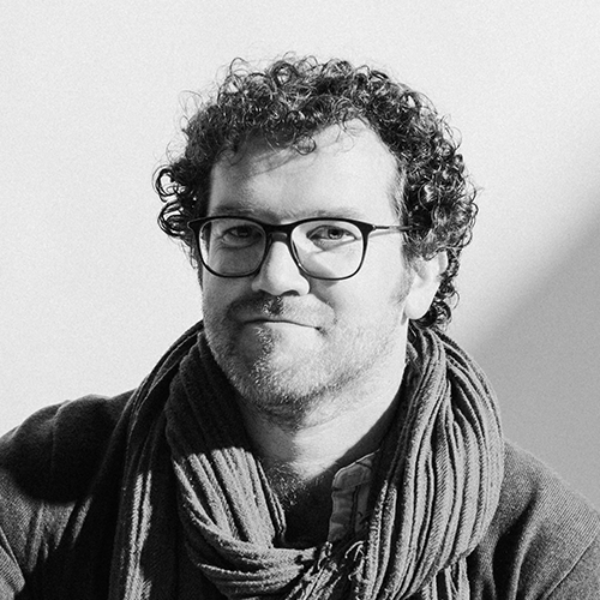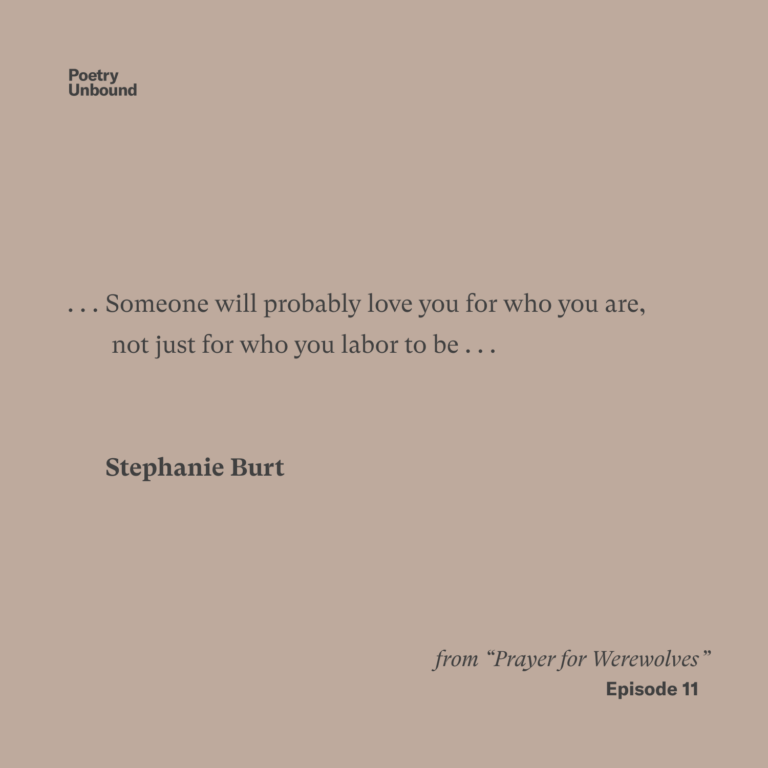The Wrappings of Love in Enveloping Arms: An Advent Reflection
There’s an internet site called The Nicest Place on the Internet that I came across the other day. I’m not sure how I saw it — a link from a tweet, or something somebody wrote.
When you open the site, an acoustic version of “I Have Never Loved Someone” by My Brightest Diamond begins playing. While it’s playing, short videos of people hugging a camera are played. There seems to be an unending slew of people who have sent in these YouTube videos of themselves approaching the camera. That’s all it is: the song on repeat and these videos of people hugging the camera that’s filming them.
My first time meeting Protestants from the north was at a church camp in August 1987. I was eleven years old. I spent my camp asking the poor Protestants if they were Irish or English, with a curiosity I usually reserved for asking whether certain characters in Wonder Woman were goodies or baddies. At the end of the church camp, one of the Protestant women, a woman with blonde hair called Annette, said “Give me a hug.”
I didn’t know what she meant. I didn’t know what hugs were to give her one. I didn’t know that I had one to give.
Suddenly, I found my body being wrapped, folded, sheltered, and held into place by somebody else’s arms, and my arms were around her body, and for the first time ever, I thought, This is what arms are for.
I still don’t know what the best verb to use with hugging is: Do we give hugs? Do we have hugs? Do we get hugs?
Some of the people on the nicest place on the Internet look a bit self-conscious. Some of them look delighted. Some turn it into a joke, and others look like they have a memory in the space before their eyes that they are speaking to and loving.
I watched it and cried, thinking of what it means to be held lovingly in the arms of someone.
Up until I was eighteen I could count the amount of times I’d been hugged. At that stage it was about twenty. I knew who each one had come from, where it had happened, and how I’d felt. There were long hugs, quick ones, awkward ones, ones where my face had smashed into a shoulder, ones where I’d felt like I was falling into myself.
Does the counting of hugs count as a one sadness or many? For me, it was a way to keep consolation close when consolation felt far. It was a survival, a way to mark seasons — not by weather, but by embracings. At any point I could tell you how many months it had been since I’d been hugged.
Whatever verb should be used, when I was younger, it was clear for me who was the subject of the sentence. I was the one to be hugged.
Years ago, for Advent, I decided I would read Luke’s gospel slowly. Because I wanted to read it rather than just recognise old, familiar words, I read it in French.
Un ange du Seigneur parut auprès d’eux et la gloire du Seigneur les enveloppa de clarté, et ils furent saisis d’une grande crainte.
The angel of the Lord came to them and the glory of the Lord shone all around them.
Et ceci vous servira de signe: vous trouverez un nouveau-né enveloppé de langes et couché dans une crèche.And this will be a sign: you will find a newborn wrapped in swaddling clothes and lying in a manger.
The French translation repeats a word in a way that is not present in English. The glory of the Lord les enveloppa — wrapped around them. And the child was enveloppé — wrapped around — in clothes. Even though this is only found in the French version — it is used neither in English nor Koinia Greek — the embracing translation has come to summarise the Christmas story for me. The world was enveloped by the glory of God, just as this unusual child was enveloped, too, by the wrappings of love from his exhausted mother. The celebration of the incarnation of Jesus of Nazareth in the ordinariness of human birth is a story about envelopings, and in the most tired and ordinary kindness is seen the beauty of the world’s story.
In Irish, we say Beannachtaí na féile Nollaig linn go léir. The Blessings of the Christmas Festival be with us all. As we think of gifts, an old worn cliché comes to mind: The gift that keeps on giving. My own body tells me that it knows this gift. I, in my own body, have been held, and I, with my own body, have held.

